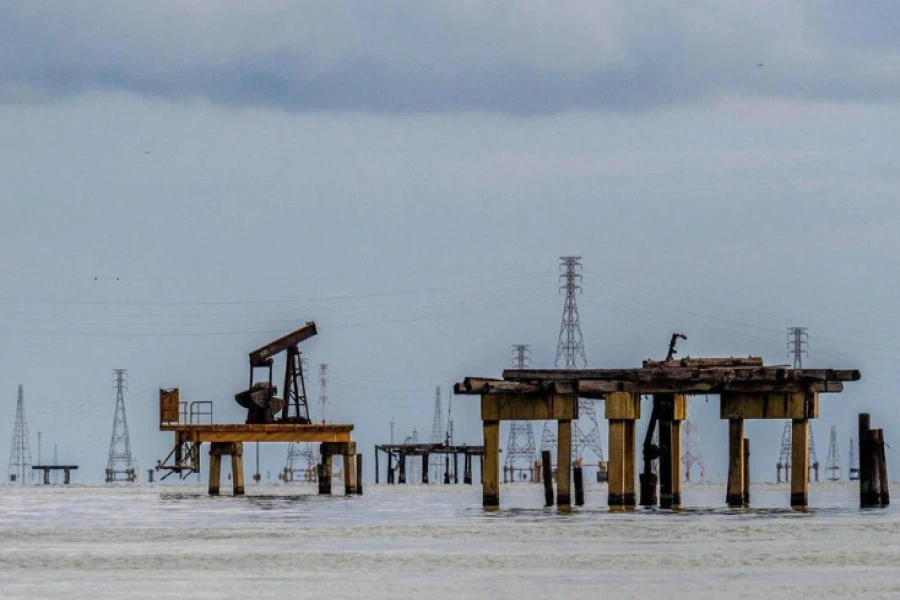KHARTOUM, April 11: Sudan’s president Omar al-Bashir has been removed from power by the country’s army, following months of protests that escalated at the weekend when demonstrators began a sit-in outside the defence ministry compound in central Khartoum.
In a statement, the Sudanese defence minster and army general Ahmed Awad Ibn Auf said Bashir, who has ruled for 30 years, had been arrested “in a safe place”. A military council will take control of the country for two years, after which elections would be held, the minister added.
“For a long time, examining what’s going on in the state and the corruption that is going on,” the minister said. “The poor are poorer and the rich are still rich and there are no equal chances for the same people.”
Bashir, who seized power in a bloodless coup in 1989, was at the presidential residence under “heavy guard”, Sudanese sources said. Tens of thousands of people danced and chanted anti-Bashir slogans in the streets of Khartoum.
During his 30-year rule, Bashir was a master at playing rival factions among security services, the military, Islamists and armed tribes off against each other. But he underestimated the anger of young Sudanese men and women demanding an end to economic hardships.
Infographics : Timeline of Omar al-Bashir’s leadership

Bashir ultimately faced almost daily defiance in towns and cities across Sudan despite a crackdown by security forces using teargas and sometimes live ammunition, in which dozens of people have been killed.
Addressing soldiers in January, Bashir warned the “rats to go back to their holes” and said he would move aside only for another army officer or at the ballot box.
“They said they want the army to take power. That’s no problem. If someone comes in wearing khaki, we have no objection,” Bashir, wearing his military uniform, told soldiers at a base in Atbara, the northern city where protests erupted.
Later in January, Bashir declared a national state of emergency that expanded police powers and banned unlicensed public gatherings. He told parliament to postpone, not cancel, constitutional amendments that would allow him to seek another term.
Bashir, 75, has long been a divisive figure.
Since taking office in what was then Africa’s largest country, he fought a protracted civil war with southern rebels which ended with the secession of South Sudan in 2011, and the loss of more than 70 percent of Sudan’s oil.
Sudan has suffered prolonged periods of isolation since 1993, when the United States added Bashir’s government to its list of terrorism sponsors for harboring Islamist militants. Washington followed up with sanctions four years later.
The protests in Sudan followed the success of similar but much bigger demonstrations in Algeria in forcing long-ruling President Abdelaziz Bouteflika to exit.
In the months before protests began in Sudan, people had already been struggling to makes ends meet.
The government had hoped for quick financial support from wealthy Gulf Arab allies after Bashir sent troops to Yemen as part of a Saudi-led alliance fighting an Iran-aligned movement, but help was slow to arrive.
The trigger for the wave of protests was a government attempt to introduce unsubsidized bread. The demonstrations quickly turned political, demanding Bashir step down.








































